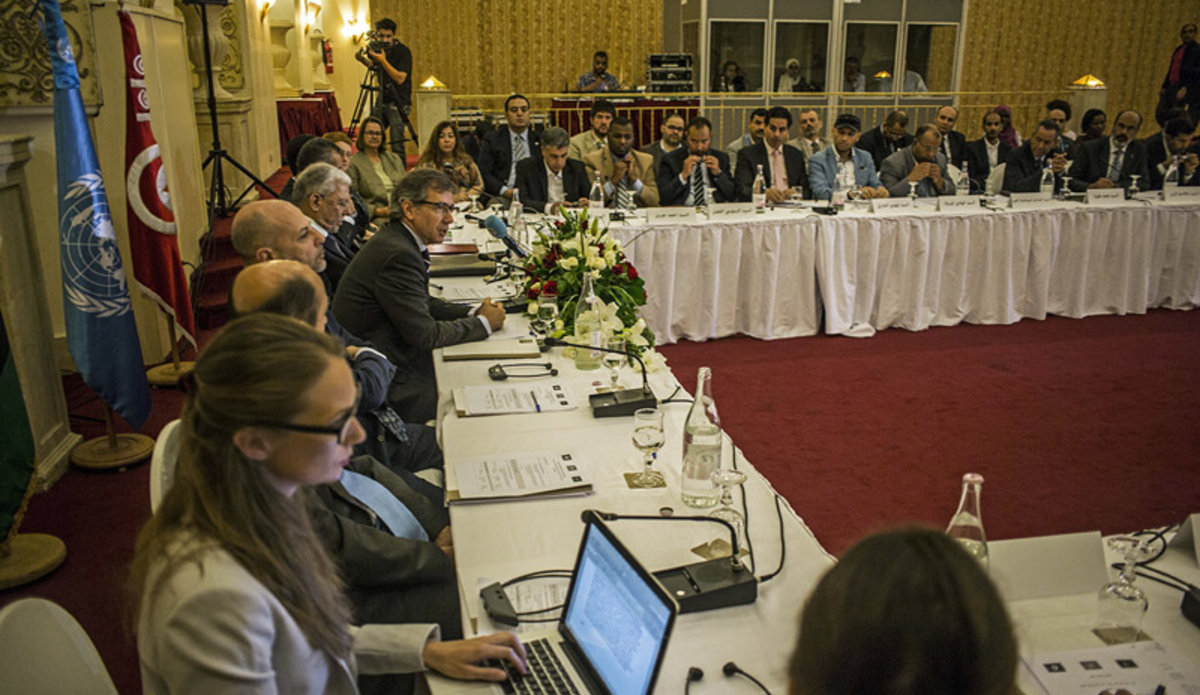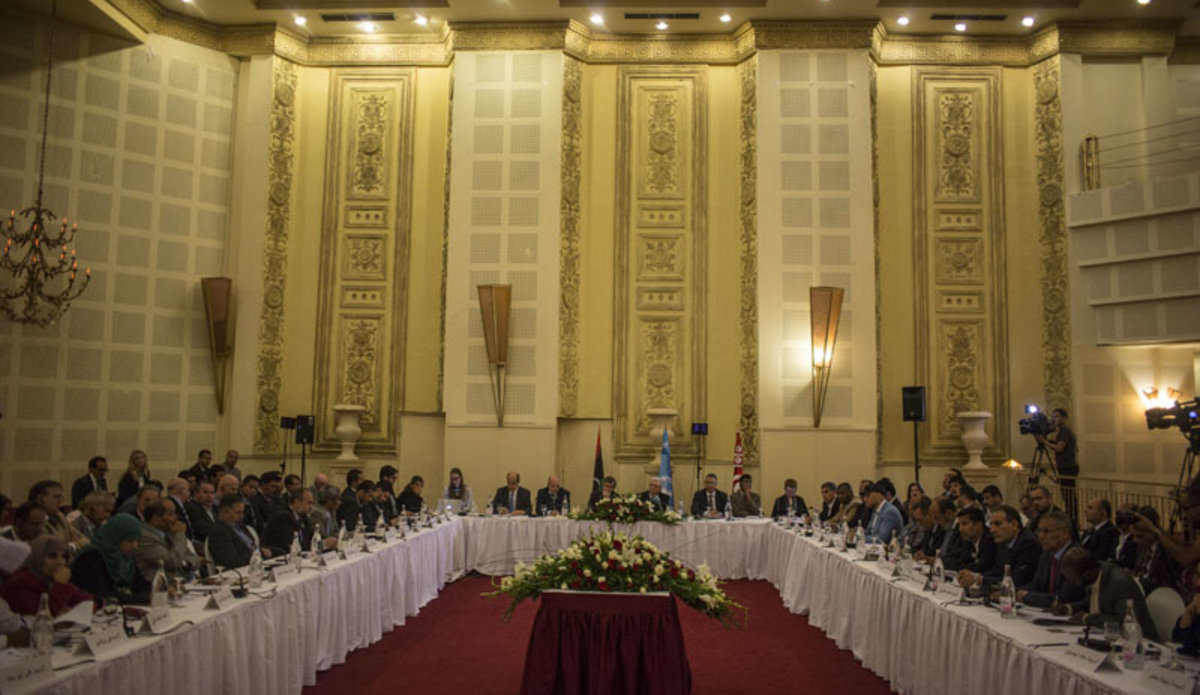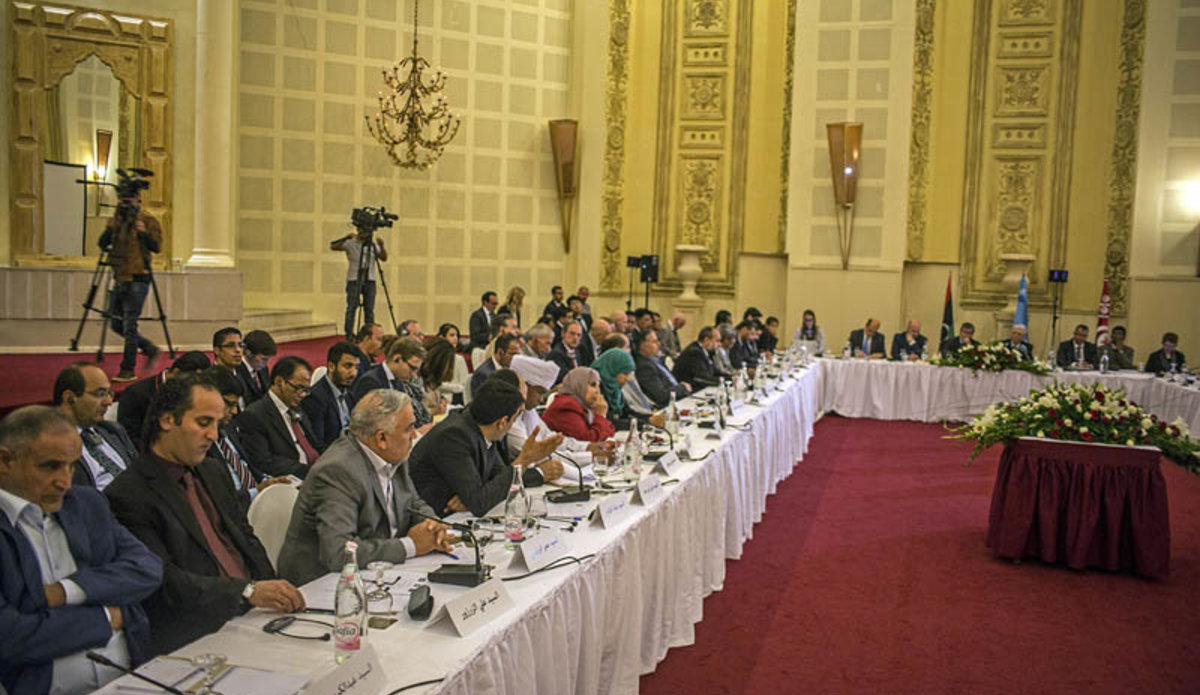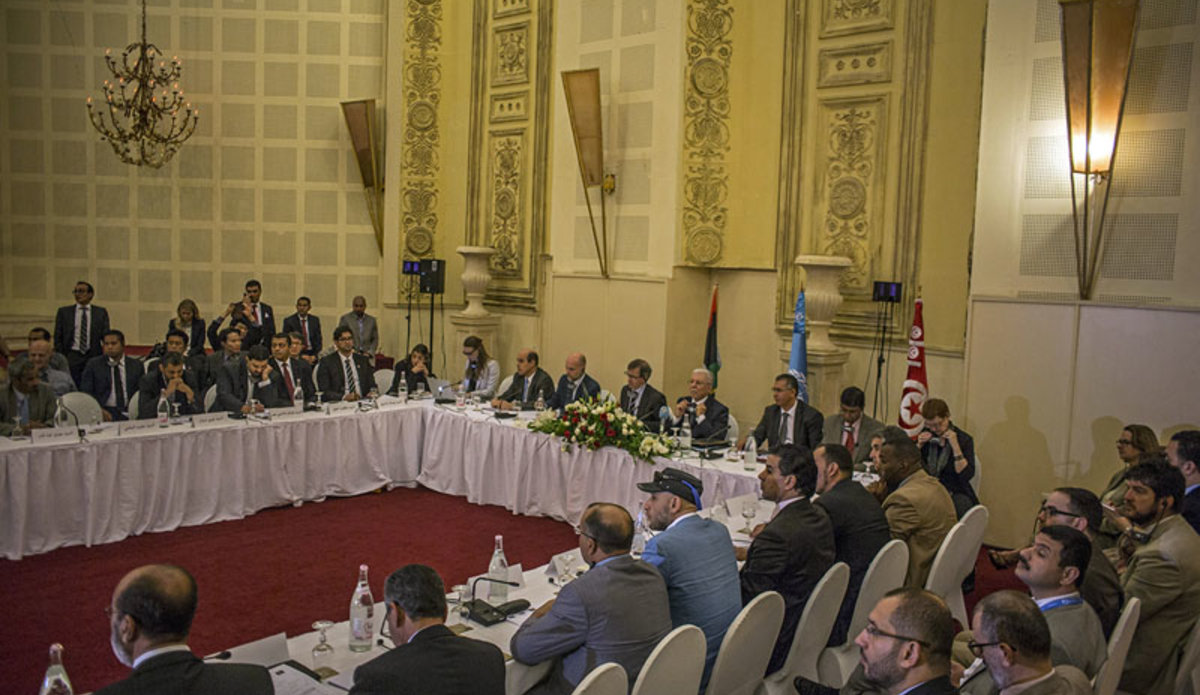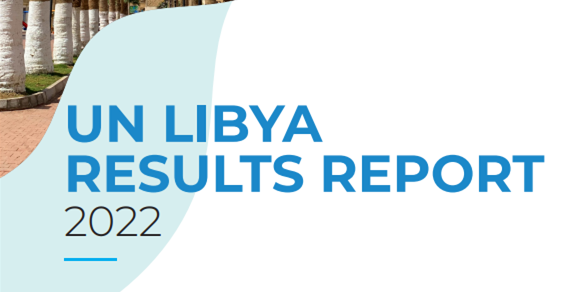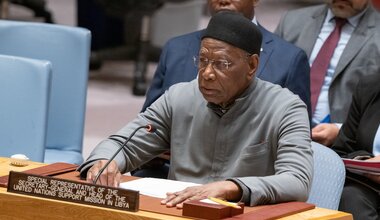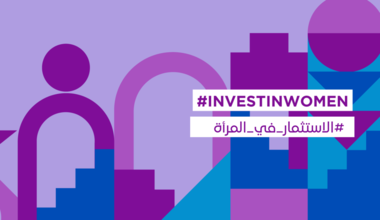SRSG Bernardino Leon at the opening of the Libyan Municipalities track meeting in Tunis, 29 May 2015
Dear Minister Bakoush,
Dear Mayors and representatives from Libyan municipalities,
Distinguished ambassadors and representatives of the international community,
Ladies and gentlemen,
And let me salute especially the ladies because in the last meeting in Brussels we all agreed that it will always be positive to have more ladies present in the meeting and I see that the number has improved. I think we can improve it a little more. But it’s a pleasure to see that there is a growing presence of women in our meetings as something very positive.
It is a pleasure to host you. The municipalities are playing a crucial role in overcoming the crisis and the conflict in Libya. We have really gone a long way since we started to work last January. And you are leading. The municipalities are showing to the rest of the political and civil society actors the way. It is very important what you have been doing and it is crucial to continue doing in the coming weeks. Because we have reached really the moment of truth.
But as important as saluting the role the municipalities and mayors are playing and are going to play in the future, I would like to start the intervention today acknowledging the very important role the neighboring countries are playing in Libya and very importantly Tunisia.
Tunisia has a long history of relations with Libya - since the crisis started, showing the fraternity, the solidarity with the Libyan brothers with more than one million Libyans in this country. And Tunisia has become a reference for all the region, the country that has been able to overcome the crisis through dialogue and is building a strong and inclusive democracy, and from all the members of the international community this has been acknowledged and commended. Personally, Minister Bakoush, whom I know when I had been working with for a long time, with his strong background, working in the civil society working on the human rights fields is one of the key personalities that have made history in this country, and so it is an honor and pleasure minister to be here today with you.
As I said, we have come really a long way since we started to work. Every time we meet the representatives from the political parties, from parliament, from any of the institutions they are all aware of the very important role that municipalities are playing. You are civil society and at the same time elected personality so you are also political personalities and you have the strength that stems from the direct contact of your citizens.
Nobody is more aware than you of the suffering of the Libyan people and nobody is more aware than you of the need to provide solutions for the crisis, for the humanitarian crisis, for all the problems that a rich country like Libya is suffering today. This humanitarian crisis in some cases means very difficult situation for people who need medicine, medical treatment, who need food. In some cities, some of them represented here today, the situation is really dramatic. It is very important that we continue to go with this forum a step ahead of the others. It is very important that we deliver real solutions. We have to be bold and this is the time to be bold, courageous, to continue to show the way from the municipalities to the rest of the Libyan people.
You know that the international community represented here today and the United Nations will be very strongly with you in these efforts.
We have many example. I think we will hear today from the representatives of Tawergha and Misrata of their efforts to solve the problems of the displaced Tawergha. I think we all agree that this is exactly the concrete way in which municipalities can solve their problems.
It is not the only case. There are many municipalities, talking, discussing local ceasefires, and this is the concrete way I was mentioning before, that has to be an example and reference for the rest of the Libyans.
You did not start this war but you can really play a key role in finishing this war and in solving most of the humanitarian problems that Libyans are facing today. We will discuss in the agenda more problems of displaced people, people who have been detained, kidnapped and many of these human rights cases that we have seen. Also recently how the dialogue between municipalities can be very effective in helping to resolve. We have seen recently in Gheryan and Zintan similar cases and in others. We have fortunately a good number of examples all over the country and it is very important to continue investing in these efforts.
At the same time, you know that we have been working in the last months with your support and contribution on the political dialogue.
We have presented a draft proposal. It has been received with different reactions from different actors. We are getting remarks and comments from all the stakeholders, all the actors involved in the dialogue and, of course, municipalities have to play and have to continue to play an important role in this effort.
And we are now working with these remarks and the ones that still have to come from some of the key stakeholders on the new draft. This new draft should keep all the positive elements of the one we have already presented in terms of institutional architecture and spirit of inclusiveness but we believe also can address some of the pending issues, some of the misunderstandings, some of the elements that did not completely reassure all the actors with draft No 3.
And this is what we are trying to do and will try to do in the coming days. It will be based on the institutional architecture where the municipalities, the supreme Local councils have to play a very important role. It is crucial that the positive contribution of the municipalities so far in the political dialogue continue at this crucial stage that should help Libya to return to the transition, to a real transition to democracy and to the real building of state.
The municipalities will work together with the House of Representatives, as a parliament, will work together with the state council, an institution that has to play a key role in this architecture but especially with the national unity government. This national unity government has to be a strong government and has to be the institution that helps Libya, that helps all the Libyans with support of the international community to overcome this situation.
In the coming weeks, the intention of the United Nations is to do it by the end of the first week of June, beginning of the second week of June. This new draft should be ready and should be discussed by all the Libyans.
We will continue to work with the same spirit we have worked so far. Transparency and cooperation with all the actors, inclusiveness, respect and the most important one a Libyan owned process. This will not work if it is international imposition, or dictate, to the Libyan actors. It has to come from the Libyans and from the Libyan society and nobody is closer to the Libyan society than the municipalities, than the mayors. so I insist your contribution to this effort, the political dialogue, especially at this crucial stage to prepare new draft no 4 will be very very important.
We will continue to work with the other tracks. The security track should convene also in the coming days. And I would like also to ask your support for this. Because we all know the role that militias, that military actors, that the army are playing in the conflict and we all know that we need their positive and constructive contribution for the success of this process.
Again, I know that since municipalities are so close to so important actors on the ground you can also use your influences and your contacts to encourage all these military actors to contribute positively to this process. So, in this coming two, three weeks please use your positive influence to help us to succeed in the security track.
Let me insist on the importance of the two messages that after listening to you all we believe want to enhance today. The first one is a very strong and very clear message to all those involved in the political dialogue and all the Libyans that this is the time for solutions. We have spent six months talking, listening to each other but the time has arrived to make a deal. We all know what is possible and what is not possible. We have listened to each other for a long time. The time is ripe for a final agreement, a final solution. We all know it is not a zero-sum game, where one will lose and one will win. All Libyans have to be victors, have to win this process.
It is not possible to do it through one side getting everything and the other side getting nothing. It has to be a collective success. It has to be a process of generosity and flexibility. And this is the time to agree on this final agreement.
So my first message, which I insist is coming from you and from all the consultation we’ve had with you in recent weeks, is a very strong message from this forum today to all the political actors, ‘Let’s make the agreement and let’s make it now’. It is very important.
On the second message, also from the examples of so many municipalities that are represented here today and from the efforts in recent weeks, to reach concrete agreements on ceasefire, on exchanges of prisoners, on human rights issues, on solving practical problems, solving problems of displaced people. It is very important to also enhance this, and whatever you can do today to make progress on some of these concrete agreements that we will enhance, that we will have to communicate to the Libyan people, this will have a very positive impact on the overall political process.
So these two messages, the time to make an agreement and the concrete deliverables of the municipalities will be the crucial message that the Libyans are expecting from you today and the international community is expecting from you today. I am sure that in the future when the Libyans will be able to make peace history books will remember the contribution of many of the actors that have been involved in this process. But they will undoubtedly acknowledge the role the municipalities have been playing and are going to play.
You are making history for your country, making history for the Libyans and you are helping to solve a civil war which is no doubt the most important task that human beings, that politicians can do in their political life and political activity.
 United Nations Peacekeeping
United Nations Peacekeeping UN
UN
